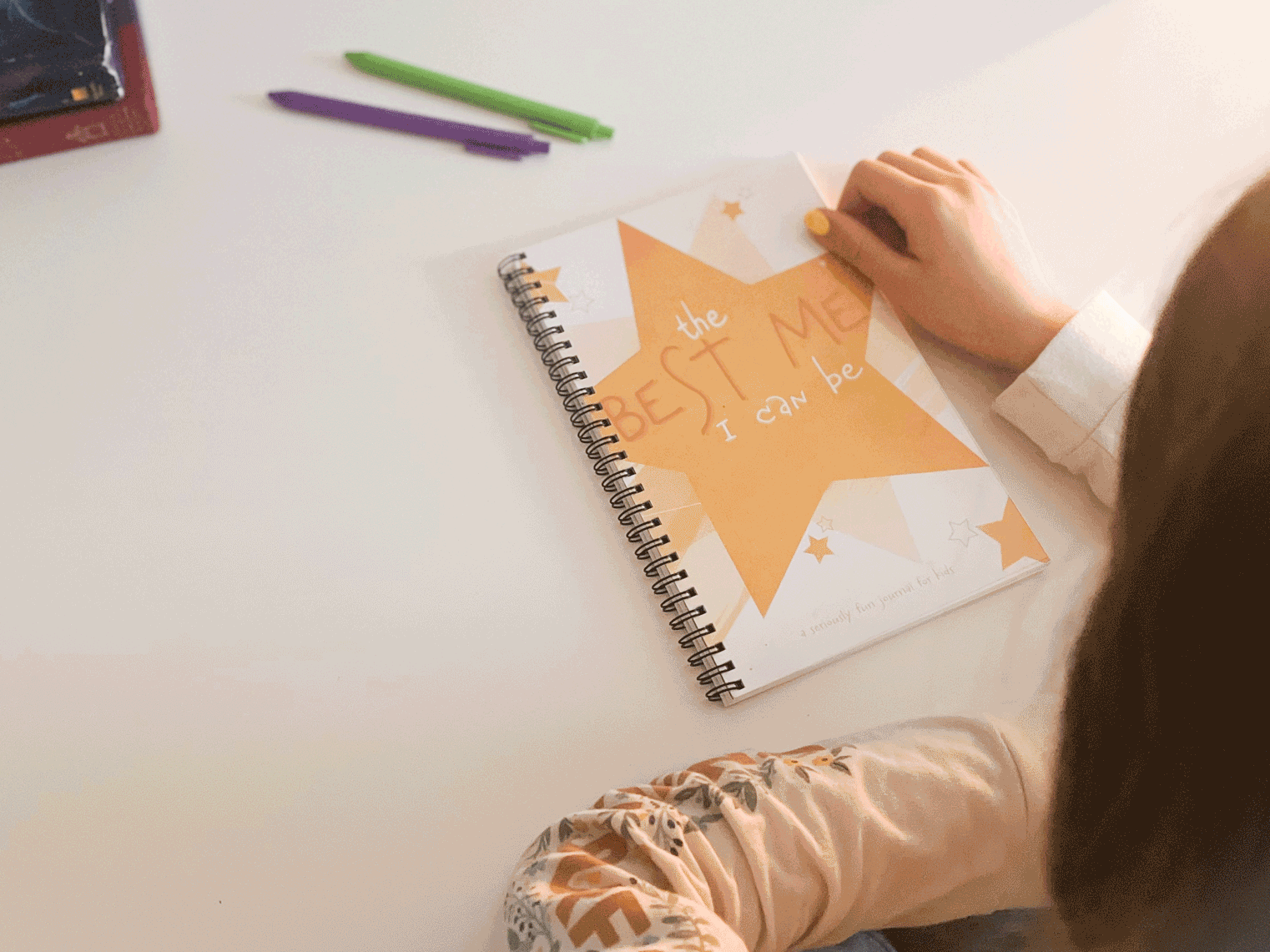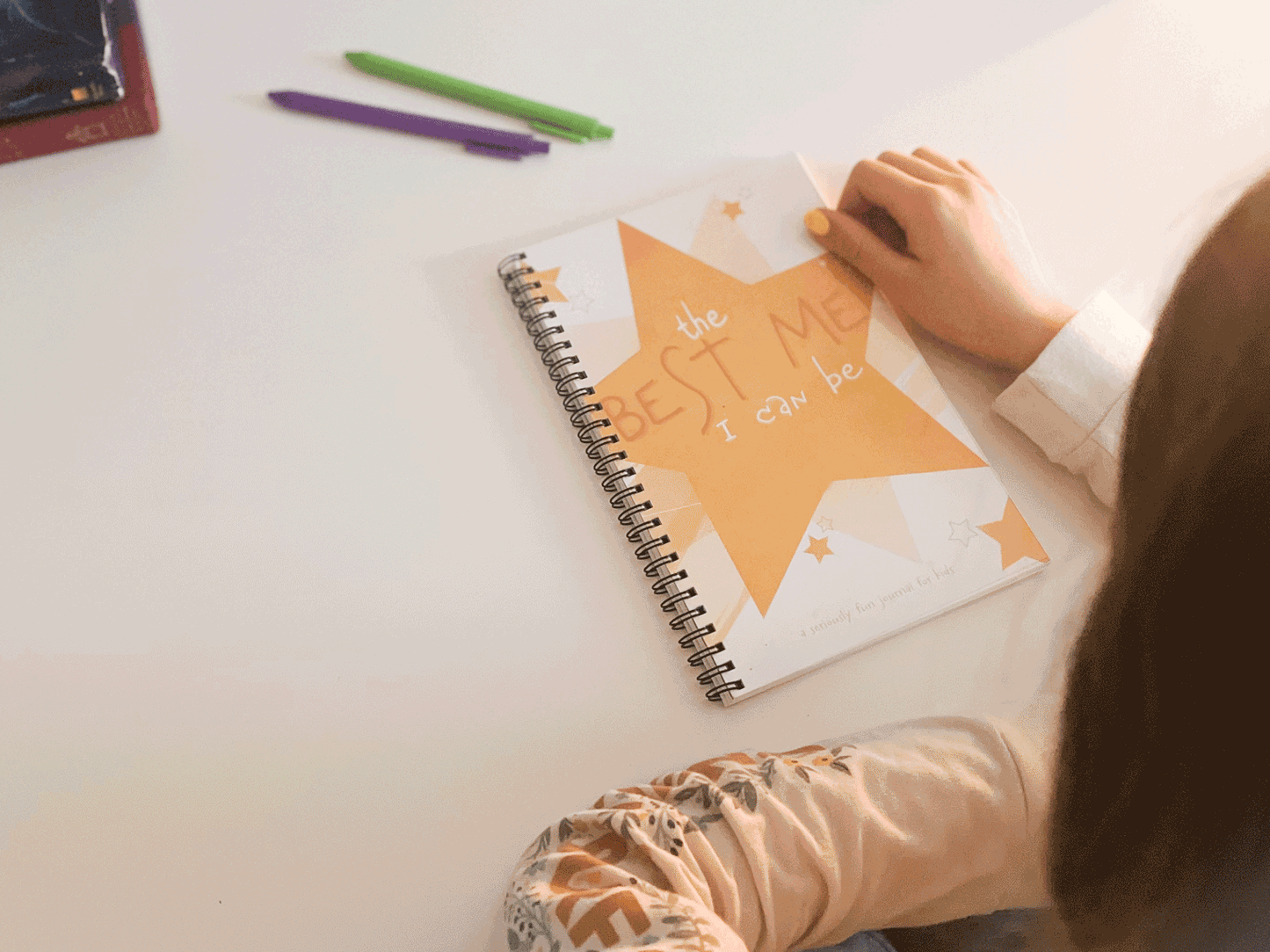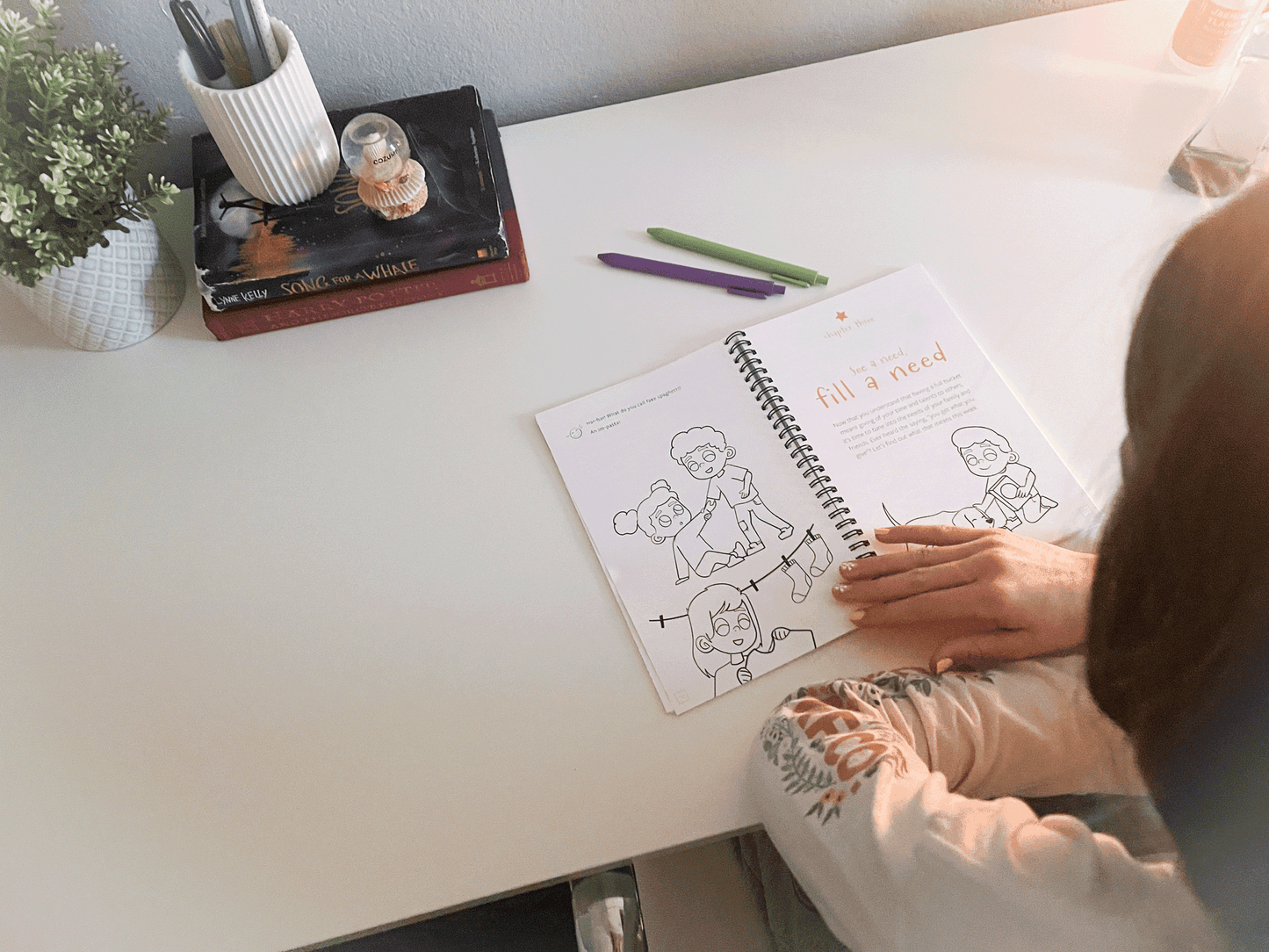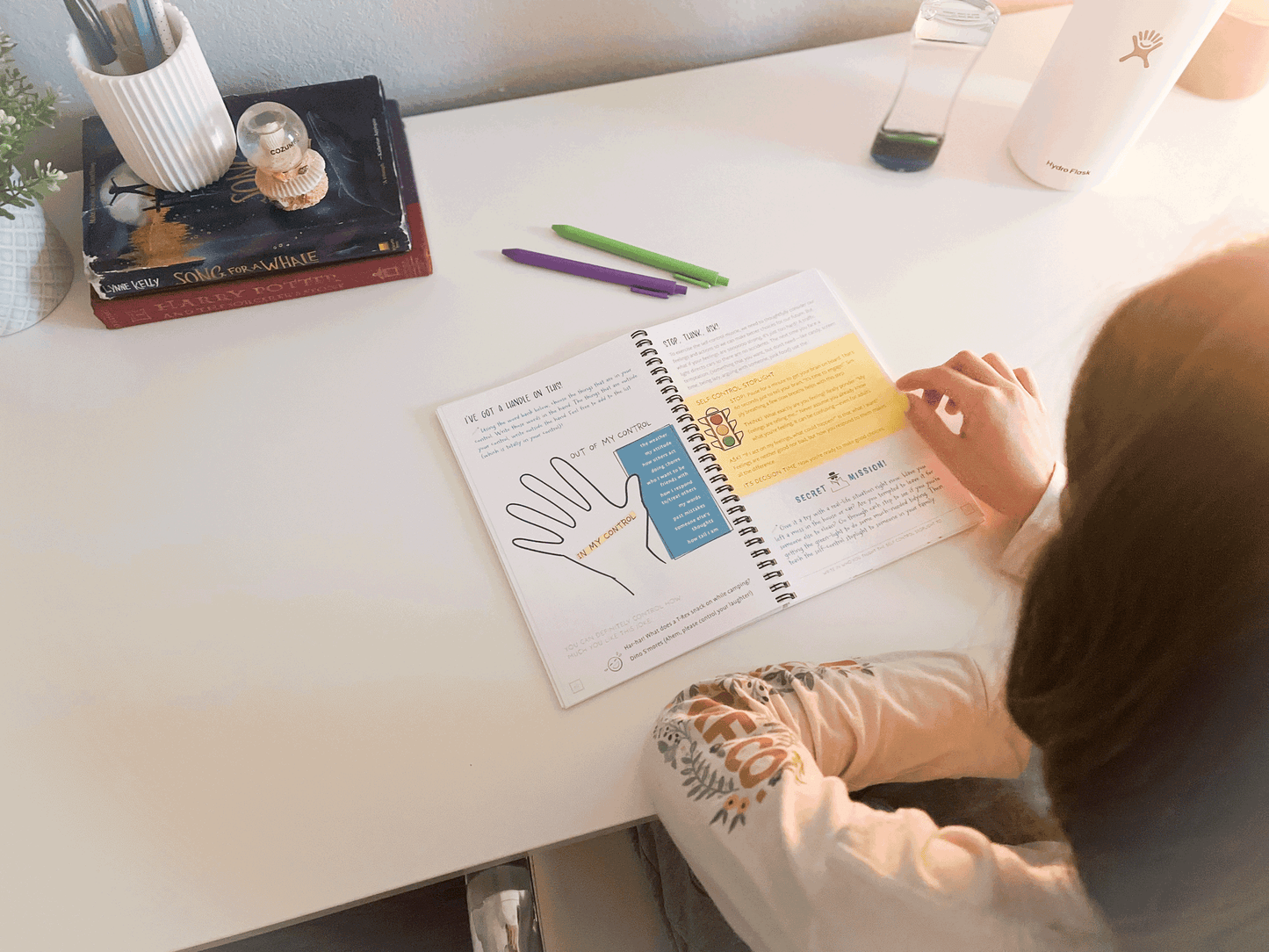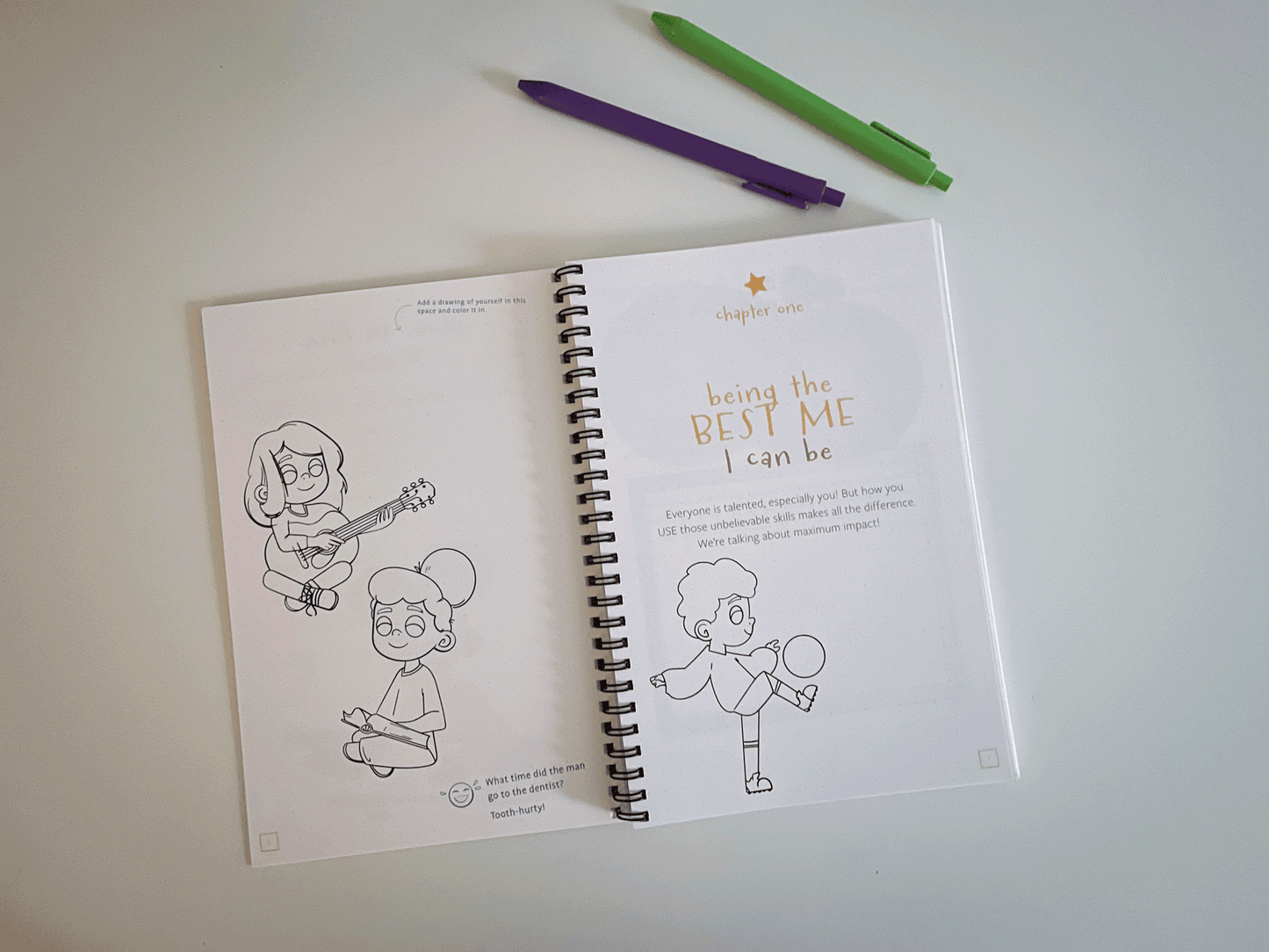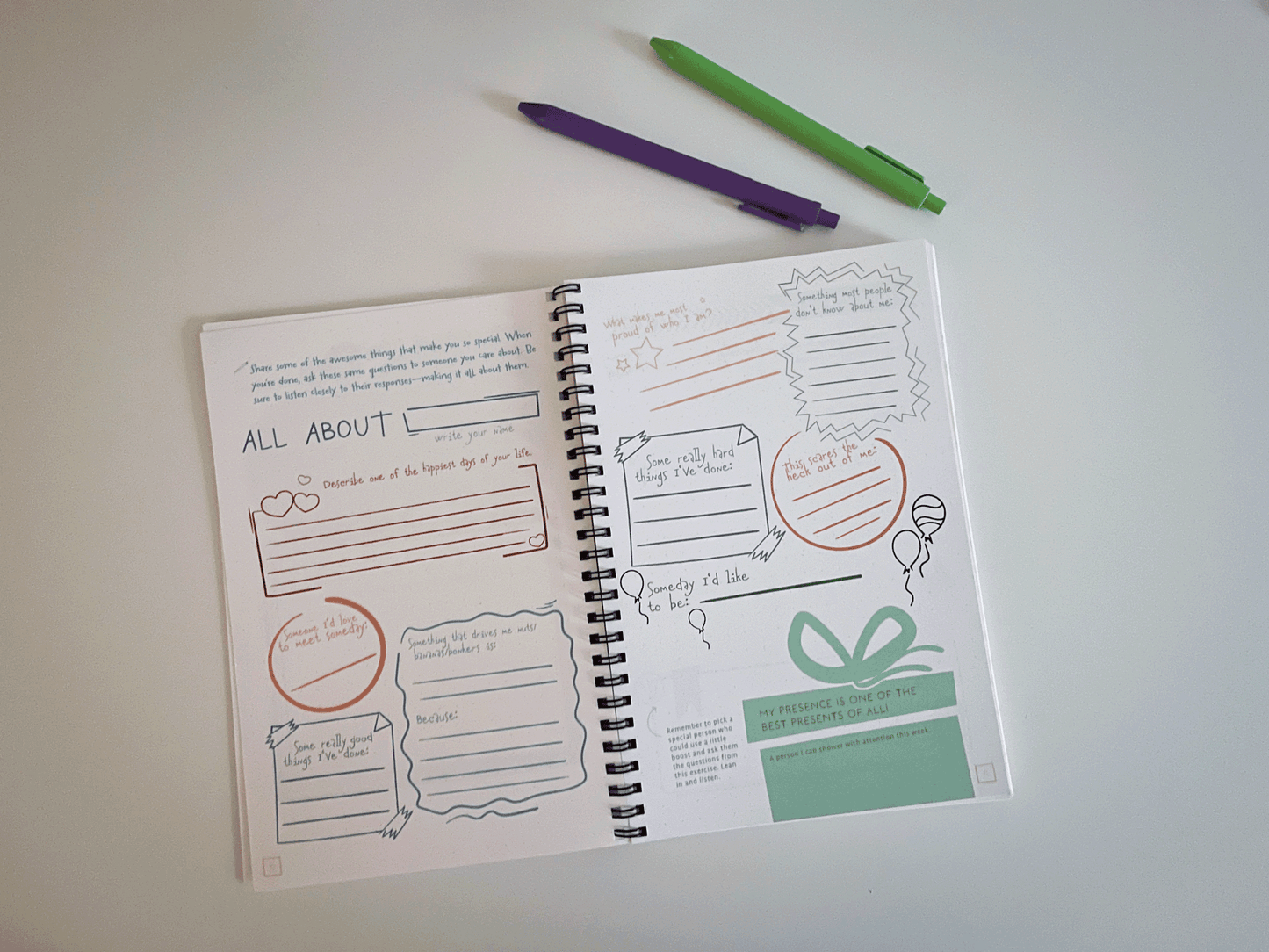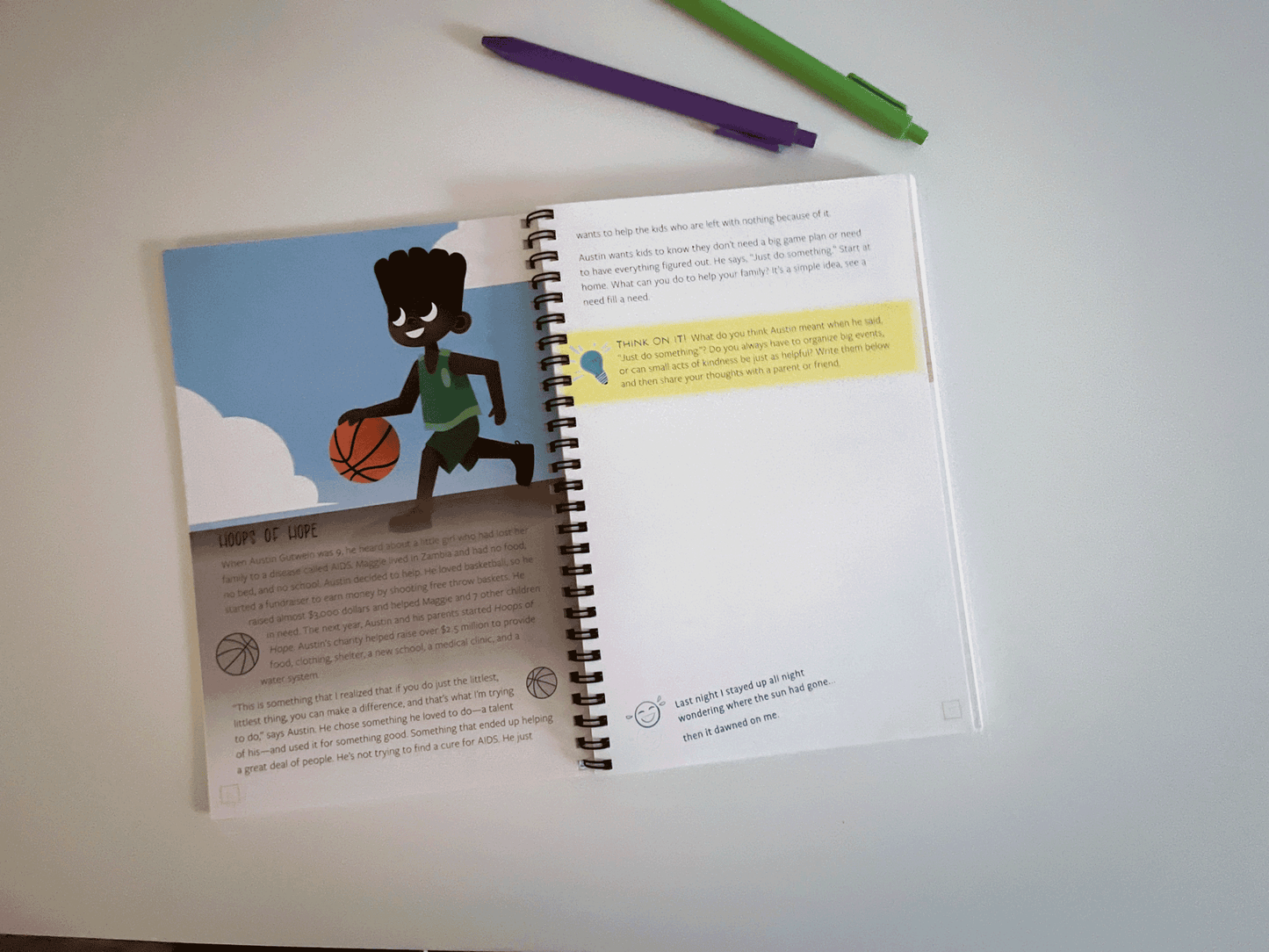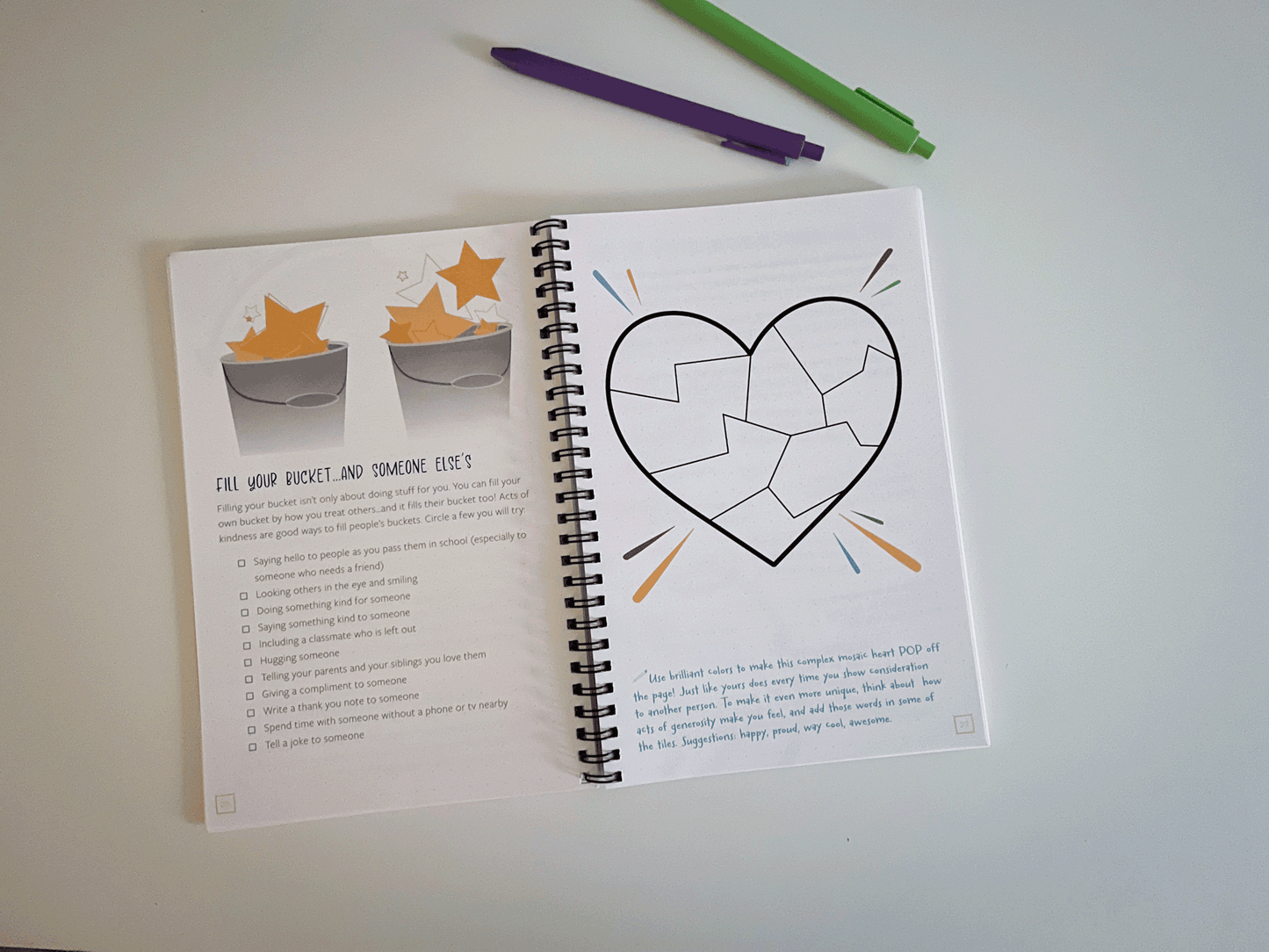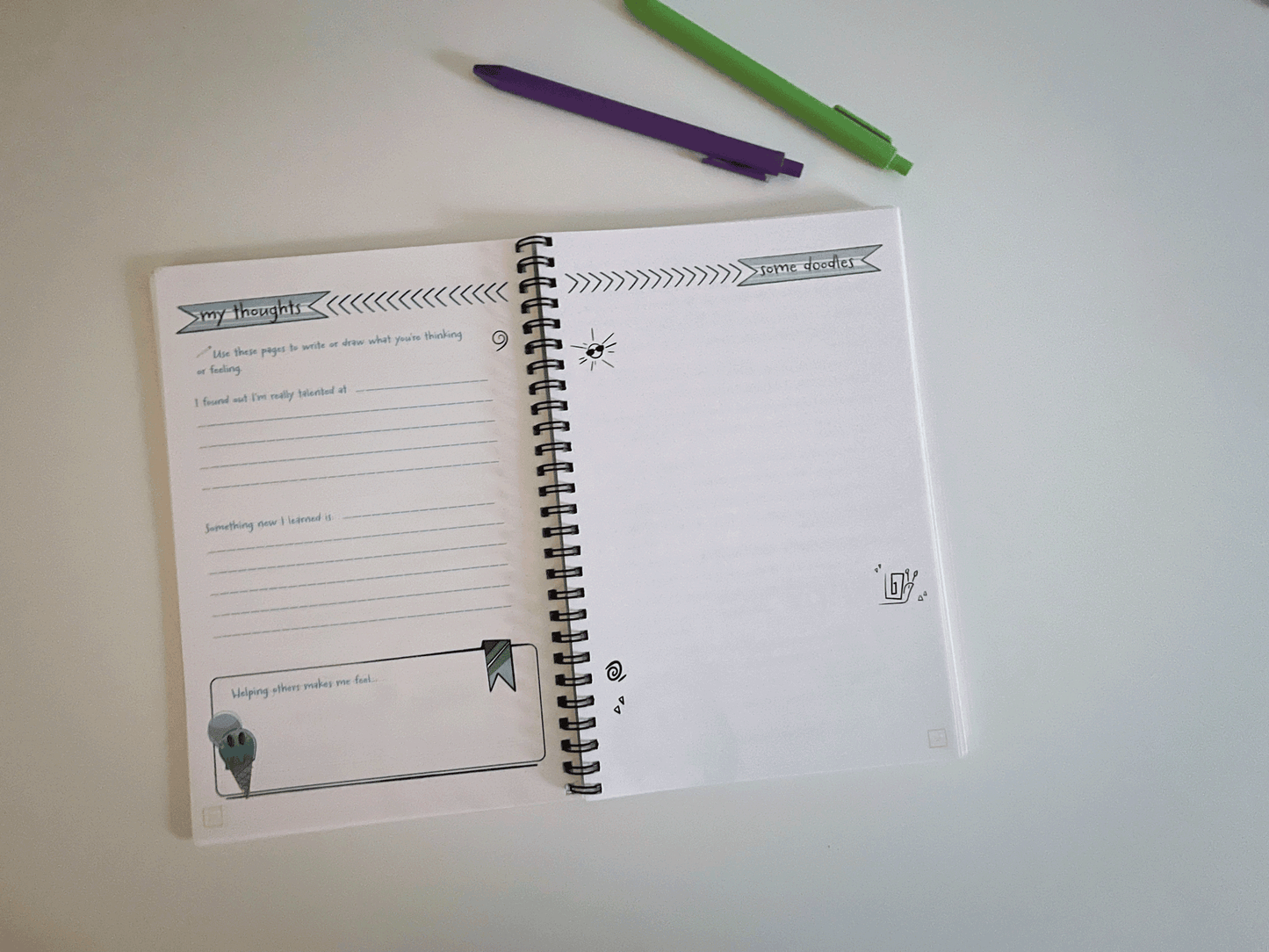Ace an Important Parental Test—A+ for Empathy!
Mary Jo Gerd“Could a greater miracle take place than for us to look through each other’s eyes for an instant?”
—Henry David Thoreau
What would you see if you looked through the eyes of your child? Most parents have given this some serious thought, especially with non-verbal colicky infants. Sound familiar?
She’s crying, but her diaper is clean and she just ate. What’s she trying to tell me?
But once kids start to use words, gestures, and genuine body language to communicate we have a much better grasp of what they’re trying to say, right?
My oldest son is picking on his little brother a lot! He needs to be punished.
Sadly, often it ends there. But, what if the feelings behind that behavior at home are the result of being picked on at school? This parenting mindset shift requires empathy.
According to the Greater Good Science Center, empathy is:
the ability to sense other’s people’s emotions, coupled with the ability to imagine what someone else might be thinking or feeling.
Experts universally agree that empathy is crucial to healthy and effective parenting. When you’re able to understand and tolerate your child’s point of view and motivation, the less likely you will become inappropriately angry, aggressive, or respond negatively to your child. With empathy, a parent becomes better attuned to the child’s inner emotional world. It also builds trust and creates a bond between parent and child leading to a healthy attachment. The positive attachment relationship can predict a child’s future self-esteem, emotional stability, and academic and social success. There are even convincing studies closely linking a parent’s empathy to a kid’s committing crimes and drug abuse.
Two prominent authors/ psychologists (Robert Brooks, Ph. D. & Sam Goldstein, Ph.D., Raising a Self-Disciplined Child) ask their clients to consider several questions.
Do You Have Empathy Toward Your Kids?
Find out now. Gulp.
- How do I hope my children would describe me?
- How would they actually describe me?
- How close are these descriptions? If they’re far apart, how can I change so that the words I hope my children would use to describe me will match the words they would actually use?
- Would I want anyone to speak with me the way I am speaking with my children?
- In anything I say to or do with my children, what do I hope to accomplish? Most importantly, am I speaking or acting in a way that will make my children most willing to hear me and learn from me?
Yowza. I don’t know about you, but those questions are a wake-up call! Before you beat yourself up and start thinking you’ve “ruined” your kids—consider: there’s scientific proof that simply believing your empathy levels are changeable means you’ll be more empathetic because you will become more intentional about it. So, let’s boost that empathy now!
Tips To Up Your Empathy Quotient Today:
According to Shefali Tsabary, Ph.D., author of The Conscious Parent, there are three ways to empower kids with empathy parenting.
- Be Attuned: Ask yourself questions about a kid’s behavior. Be inquisitive first rather than punitive. Chances are there is more to the story than you’re aware of and kids are not always able to process or express those reasons for their feelings.
- Be Non-Reactive: This means you have to consciously pay attention to triggers that cause you to lose your calm. It’s important to be non-reactive and balanced especially during negative interactions. Lashing out exacerbates a problem, whereas being non-reactive promotes connection and trust.
- Live in the Present: It’s all too easy to drag the past or the future into situations with our kids. This makes things so much heavier. Instead, focus on the here and now and feel the stress abate. Be present to your kids by putting down devices and enjoying the moment. This requires an intentional goal to slow down. What about when the moment ain’t so fun? When kids have meltdowns, you can move them to a spot that is appropriate for an outburst but don’t try to rush them with their feelings. Avoid sending the message, “C’mon, get over it already!” Allow them to feel what they’re feeling and try to offer comfort at the moment. Consider how you’d like to be treated.
If we desire our kids to grow up to be adults guided by moral character, we need to foster strong emotional coping skills now. Empathy is integral! One of the most beloved and renowned children’s TV personalities, Mister Rogers, was known for his unique brand of empathy. In the 60-second clip below, listen to him talk about the importance of understanding our kids and how to achieve it.
Intrigued by the gentle and timeless wisdom of Mister Fred Rogers and want to learn more?
You’re in luck, subscribers to our Adventure into Character Kits will receive a read-aloud story to enjoy all the amazing lessons Mr. Rogers can convey in our current culture. Destination Respect highlights the timeless counsel of the legendary Mr. Rogers! Enjoy this excerpt from “Mr. Rogers, A Real-Life Hero of Respect.”
Mr. Rogers’ Neighborhood was the name of the show that changed so many children’s lives. It started with a sweet tune inviting everyone to be his neighbor. Fred Rogers cheerfully sang, “Would you be mine, could you be mine, won’t you be my neighbor?”
Fred invited children into a colorful world that encouraged respect for all. They learned—
“You are a very special person. There is only one just like you. There’s never been anyone exactly like you in the history of the earth, and there never will be again. And people can like you just because you’re you.”
He didn’t expect kids to be perfect. He sang songs to them about feeling so mad you could bite. But he encouraged them to talk about their feelings and use them by running fast, learning an instrument, playing tag, or pounding clay. He really understood those feelings because that’s how he had felt as a child.
He said, “It’s such a good feeling to know that people can love us even when we’re not perfect.”
Kids learned that even though we all look different, there is more to us than what we see when we look at our outsides. It’s the heart and not just the eyes that discovers what’s real about us. Mr. Rogers’ Neighborhood showed people from all sorts of cultural and racial backgrounds—Black, White, Hispanic, and Asian. Everyone was welcome and appreciated. In fact, Fred Rogers answered every piece of fan mail he ever received—about 50 to 100 letters a day! He wanted to let children know their thoughts mattered and that they were special.
Like what you’re reading? Head to our homepage and subscribe to get weekly FREE research-based solutions and practical tools to make parenting easy—delivered right to your email.
If you have an issue you’d like our help with, drop us a line at Hello@FamiliesofCharacter.com. If you’re experiencing a problem, chances are thousands of other families are in the same boat. We’re ALL in this parenting boat together!
Remember to tap into our Thrive Community on Facebook. It’s free and our team’s very own clinical counselor offers helpful tips and encouragement to parents who are adventuring together.




